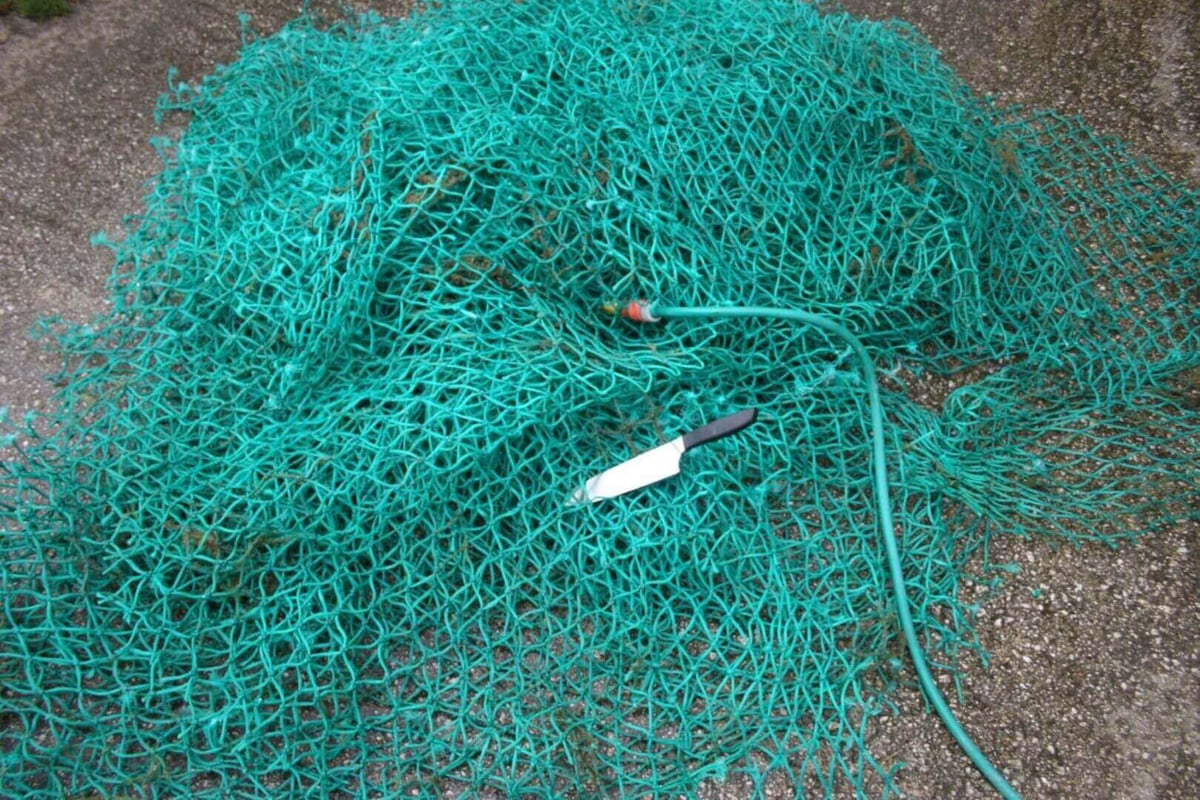Fishy Filaments is a startup which aims to help local fishing communities recycle their discarded nets and turn them into usable filament.
Recycling and 3D printing are arguably two of the best ways to build a sustainable future. UK startup Fishy Filaments is combining them by making use of old fishing nets.
Instead of sending them to a landfill, the plastic nets are recycled into 3D printing filament. Behind this project is Ian Falconer, a materials scientist and geologist. He explains:
“In simple terms, I’m trying to set up a local plastics recycling company that transforms used fishing nets into a high-value, high-quality product for use in relatively low-cost fused filament 3D printers.”
As well as being good for our shorelines, this project is a great way to create 3D prints without feeling guilty about oil-dependent plastic filaments.
Last year, Fishy Filaments proved that their filaments could be used by regular 3D printers. In addition, Falconer built an on-the-ground network of fishers eager to participate.
To take his project even further, Falconer has started a project on Crowdfunder with the goal of raising £5,000. Check out the video for the campaign below:
https://vimeo.com/205369530
Print with Environmentally Friendly Fishy Filaments
The pitch on Falconer’s Crowdfunding page is: “The plastics contained in used fishing nets are a valuable raw material. They shouldn’t be thrown away after one use.”
Although this project is unlikely to be commercially viable, those in Cornwall, UK, where Falconer is from, may be able to partake.
Falconer explains that within the fisheries sector, the potential for producing fishy filament works with a more regional approach. This is because each fishery has a “distinctive culture and set of target species defined by natural fish distribution.”
He continues: “The practice in that fishery extends to net types and gear usage. That means different polymers used differently and in different volumes.”
This idea could spur on locals in other areas to give recycling of local materials a try; the world certainly isn’t short of spare plastic waste.
“From a recycling perspective, it means that technical processes and products developed to work in Cornwall might not work in, for example, Peterhead,” says Falconer. “Logically then Fishy Filaments Cornwall might spawn Fishy Filaments Peterhead, but their product lines would probably be different, which is no bad thing for a commercial concern.”
If you believe in the idea of establishing local plastic recycling capacities, you can help fund Falconer’s project here. To date, he has raised £2,570 with the help of 48 backers.
Source: Digital Trends

License: The text of "Fishy Filaments: Eco-Friendly 3D Printing Project for Local Communities" by All3DP is licensed under a Creative Commons Attribution 4.0 International License.